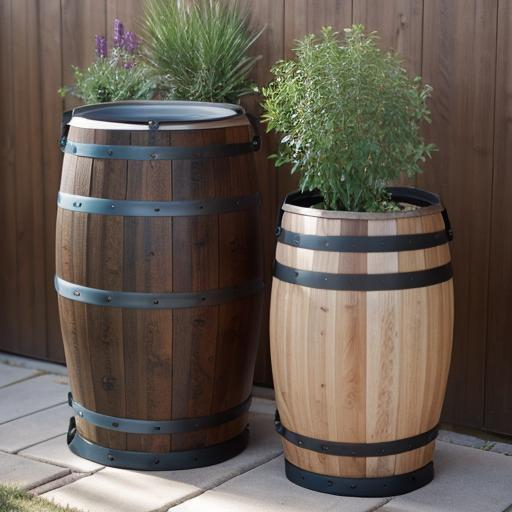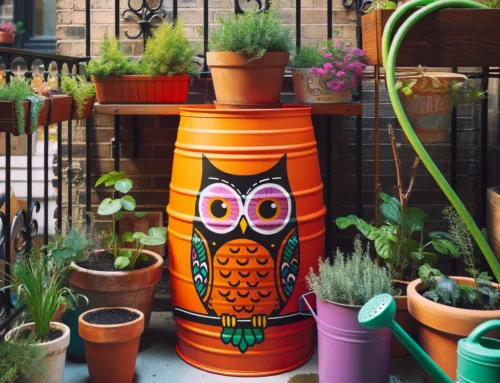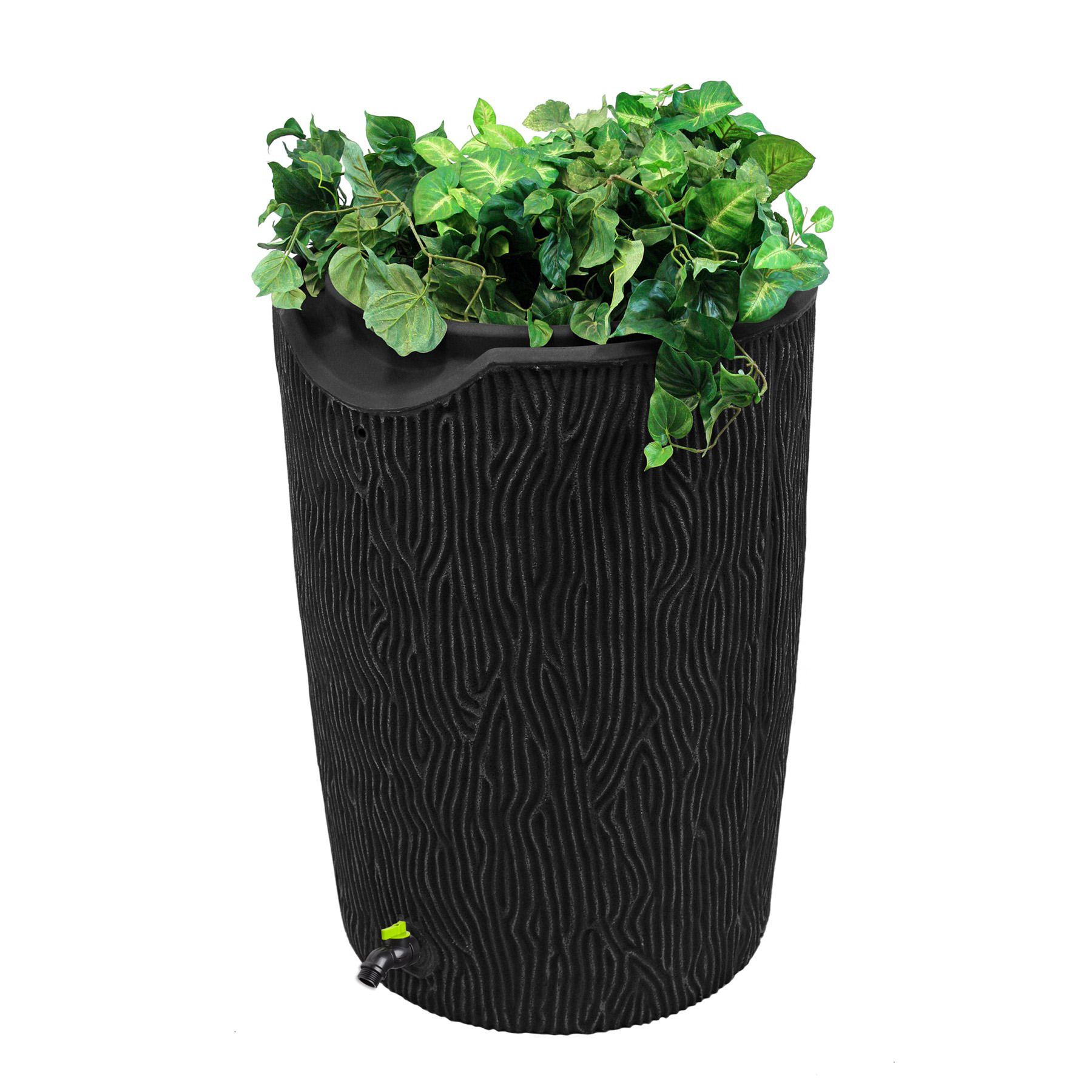Welcome to our comprehensive guide on rain reclamation and collection in Oklahoma. With a changing climate and growing concerns about water conservation, rainwater harvesting is gaining popularity in the state. This eco-friendly practice involves collecting and storing rainwater for various purposes. In this article, we will explore the benefits and drawbacks of rainwater collection, the legal aspects in Oklahoma, and how you can get started.
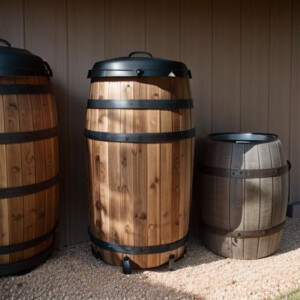 Pros of Rainwater Collection:
Pros of Rainwater Collection:
- Water Conservation: Oklahoma, known for its frequent weather fluctuations, can benefit greatly from rainwater harvesting. Collecting rainwater can help reduce the demand on municipal water supplies, particularly during droughts.
- Savings on Water Bills: By using rainwater for outdoor activities like gardening, lawn irrigation, and even indoor non-potable uses, homeowners can significantly reduce their water bills.
- High-Quality Water: Rainwater is typically free from many contaminants present in groundwater sources. It’s naturally soft, making it ideal for plants and gardens. This reduces the need for chemical treatments, further benefitting the environment.
- Environmentally Friendly: Rainwater harvesting is an eco-friendly practice that helps in reducing stormwater runoff, erosion, and flooding. It also decreases the load on wastewater treatment plants.
- Independence: By collecting and using rainwater, you become less dependent on the public water supply, especially in rural areas with limited access to municipal water.
Cons of Rainwater Collection:
- Initial Setup Costs: Setting up a rainwater harvesting system can be costly. It involves purchasing tanks, filters, pumps, and other equipment, which can deter some individuals from starting.
- Maintenance: Regular maintenance is necessary to keep the system functioning efficiently. This includes cleaning filters, repairing damaged components, and ensuring that the collection surface is clean.
- Limited Supply: In Oklahoma, where droughts can be severe, rainwater collection systems may run low during prolonged dry spells. Supplementing with a backup water source might be required.
- Regulations and Restrictions: Some areas have specific regulations governing rainwater collection, and there may be restrictions on the usage of harvested rainwater for potable purposes.
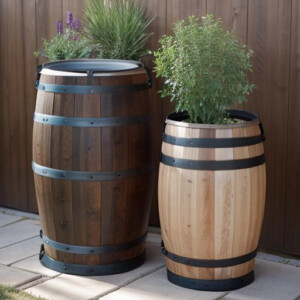 Is Rainwater Collection Legal in Oklahoma?
Is Rainwater Collection Legal in Oklahoma?
The legality of rainwater collection in Oklahoma varies by location. State law permits rainwater harvesting for non-potable uses, such as landscape irrigation. However, there are regulations and restrictions in place. It’s crucial to check with your local authorities and follow state and local guidelines to ensure compliance.
For potable uses (drinking water), you should consult the Oklahoma Department of Environmental Quality (ODEQ) to understand the regulations and requirements.
Getting Started with Rainwater Collection:
- Evaluate Your Needs: Determine your water needs and where you intend to use collected rainwater.
- Select a Collection System: Choose an appropriate rainwater collection system, such as rain barrels, cisterns, or underground tanks.
- Installation: Install your system, taking into account the collection surface, gutters, and downspouts.
- Filtration and Storage: Ensure you have the necessary filters to remove debris and a storage system to store the collected rainwater.
- Maintenance: Regularly inspect and maintain your system to ensure optimal performance.
- Legal Compliance: Confirm with local authorities that your system complies with state and local regulations.
Conclusion:
Rain reclamation and collection in Oklahoma offer numerous benefits, from water conservation and savings to environmental responsibility. While there are initial costs and maintenance requirements, the long-term advantages make it a sustainable choice for homeowners. Ensure that you adhere to local regulations and guidelines to enjoy the full benefits of rainwater harvesting while staying within the law. Start your journey towards harnessing nature’s gift and contributing to a more sustainable future for Oklahoma.

